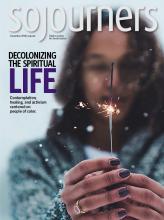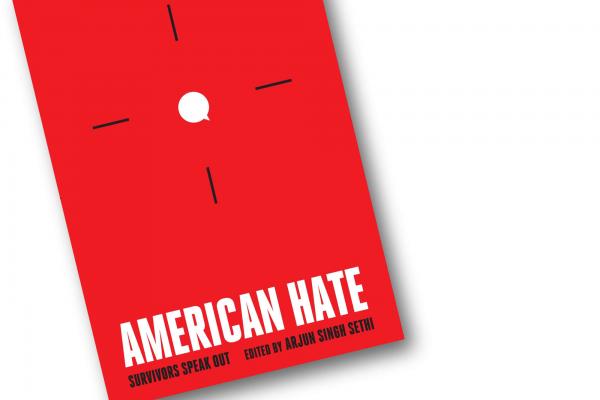IN HIS INTRODUCTION to American Hate, Arjun Singh Sethi warns readers: “The pages that follow are not for the faint of heart, but neither is this moment.”
The hate crime survivors he spotlights speak with the stunned, searching voices of aggrieved neighbors: Syrian Muslims, Sikhs, Lebanese Christians, African Americans, Southeast Asians, Jews, and Native Americans. Sethi, a 37-year-old Sikh lawyer from Washington, D.C., shatters the complacent notion that hate crimes in the U.S. target only Muslims or unlucky Sikhs mistaken for Muslims.
Sethi’s book is evidence of the current civic plague of top-down moral dysfunction. President Trump, he writes, while “exercising the worst form of bully pulpit,” has “emboldened, empowered, enabled, facilitated, and legitimatized the very worst in America: racism, xenophobia, Islamophobia, sexism, anti-Semitism, homophobia, transphobia, ableism, and anti-immigrant hostility.”
Read the Full Article

